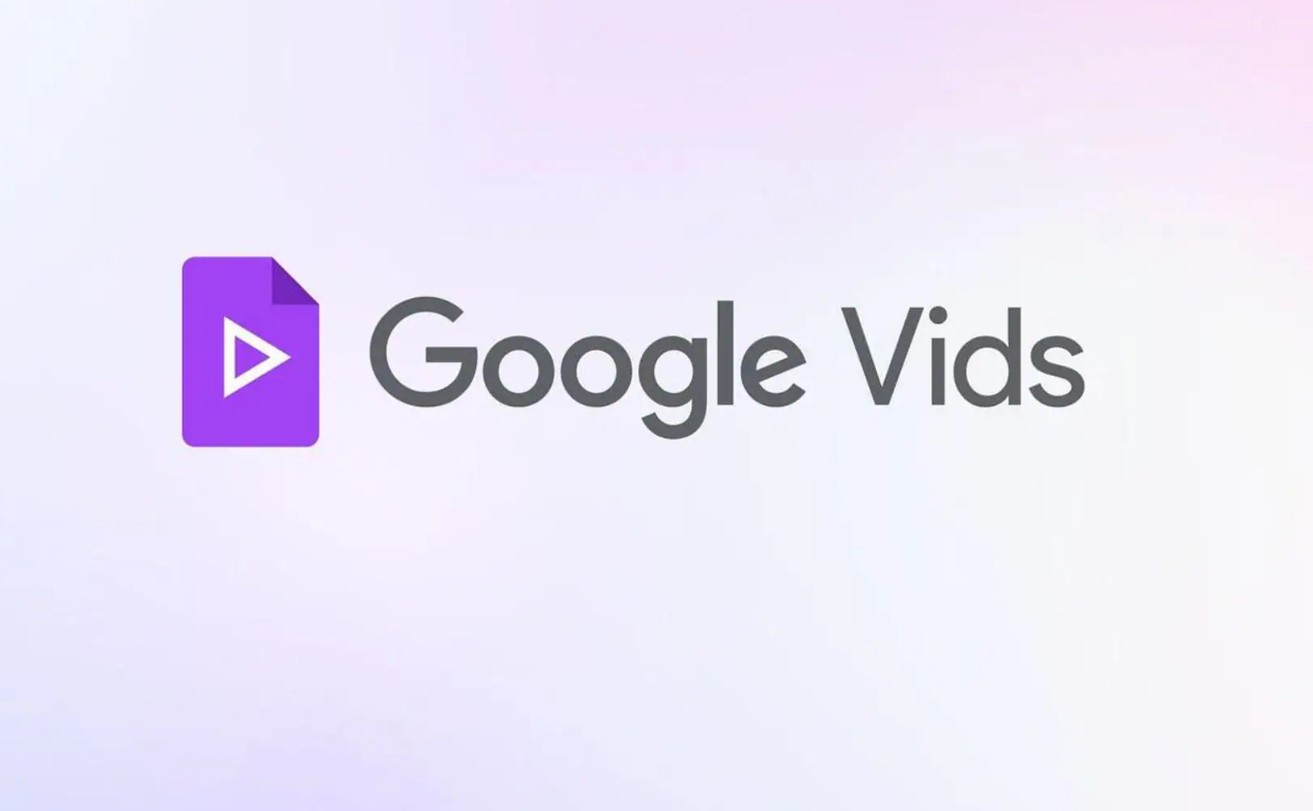Published by NewsPR Today | August 2025
When OpenAI releases a new model, the headlines tend to focus on speed, accuracy, and clever new features. ChatGPT-5 is no exception. It’s faster. It’s more accurate.
It’s noticeably better at writing, coding, and reasoning through complex problems.
Voice conversations sound smoother. The memory feature is smarter. And search integration feels more natural than ever.
All of that is thrilling. But you’re missing the bigger picture if you just say, “This is a better chatbot.” ChatGPT-5 is more than a simple AI update. It’s a sign of a deeper shift in how we find, consume, and trust information online.
And if you run a business, work in marketing, or care about your online presence, this shift affects you directly.
Related Article: OpenAI Releases New AI Models You Can Run on Your Own PC
Search is No Longer Just Google
For decades, search was simple. You typed a question into Google, got a list of links, and clicked one. Maybe you tried Bing or Yahoo, but Google was the default.
That world is gone.
Today, search is a multi-surface battleground. The phrase “multi-surface” simply means we’re no longer looking for answers in just one place. Instead, we search:
- On AI chatbots like ChatGPT, Claude, Perplexity, and Grok
- On social media platforms like TikTok, Instagram, and Reddit
- On video platforms like YouTube
- On voice assistants like Alexa or Siri
- Inside apps like Amazon, TripAdvisor, or even Spotify
People search wherever it feels fastest, easiest, or most relevant for the question they have.
Why ChatGPT-5 Matters in This Landscape
OpenAI’s ChatGPT is already the world’s most popular AI chat tool, with around 700 million weekly users. That’s not a niche audience—it’s bigger than the population of most countries combined.
The release of GPT-5 strengthens that position. It’s faster, better at context, and more capable of blending search results with conversational answers. If you’ve ever typed a question into ChatGPT and received a clear, well-written answer instead of combing through dozens of blue links, you know how game-changing that is.
At the same time, Google is still the goliath. Billions of users rely on it daily. And Google isn’t standing still—it has Gemini, AI Overviews, and AI Mode built directly into search results.
Meanwhile, competitors like Perplexity are gaining attention with conversational, source-cited answers. Claude has a reputation for more natural writing. Grok is tied directly to social platforms. Each tool has its own growing audience.
All of Them Still Rely on the Open Web
Here’s the part many people overlook:
Every one of these AI tools, from ChatGPT to Google Gemini, still pulls much of its up-to-date information from the open web. That means AI answers are shaped by the articles, blogs, videos, reviews, and social posts already out there.
In other words, if your content isn’t findable online, AI won’t see it, cite it, or include it in answers.
Think of AI chatbots as a well-read librarian. They don’t make up most of the information they share—they find it, summarise it, and present it in a way that feels personalised. But if your book isn’t on the shelf, it won’t be part of the conversation.
What This Means for SEO
You might be wondering—if people are getting answers directly from AI, does SEO still matter?
Yes. More than ever.
Search Engine Optimisation is no longer just about ranking on Google’s first page. It’s about making your content accessible, credible, and structured in a way that both search engines and AI models can understand.
If an AI tool is pulling answers from the web, your content needs to be in the sources it trusts. Without that, your brand disappears from AI-driven search results—and in turn, from your audience’s awareness.
Real-Life Example: The Restaurant Search
Imagine you own a local restaurant. Ten years ago, people would Google “best pizza near me” see your website or Yelp listing, and click through.
Today, a potential customer might ask ChatGPT, “Where can I get the best wood-fired pizza in this city?”
ChatGPT might scan recent reviews, food blogs, and local listings to compile an answer. If your restaurant has strong, recent, positive mentions online—on Google Maps, in reviews, on Instagram posts—it’s more likely to be included in that answer. If not, you won’t even appear in the suggestion.
That’s the new reality. It’s not just about being searchable—it’s about being AI-findable.
The Action Plan for Businesses
So, what should you be doing right now?
1. Keep Investing in Search Marketing
Your search marketing team is still your frontline in the fight for visibility. They’re the ones making sure your website, videos, and listings are optimised not just for Google, but for AI to read and reference.
2. Evolve Your Content Strategy
Don’t just write content for human readers—write in a way that’s easy for AI to interpret. That means:
- Clear, factual, well-structured information
- Accurate headlines and subheadings
- Including relevant keywords naturally
- Providing up-to-date data and credible sources
Think of it as writing for two audiences: people and the AI models that serve them answers.
3. Publish Across Multiple Platforms
Your website is important, but it’s not the only place people (or AI) will find you. Be present on:
- YouTube, with informative videos
- Social media platforms, especially those your audience uses
- Review sites relevant to your industry
- News platforms or guest articles that build credibility
This creates more “entry points” for your brand into AI search results.
4. Align PR, Social, and SEO Teams
In the old days, these departments often worked separately. In the AI-search era, they need to collaborate closely. Your PR team gets the brand into the news. Social creates buzz. SEO ensures it’s all findable. Together, they shape the way AI tools talk about you.
Avoid the “Let’s Just Keep Doing What We’ve Been Doing” Trap
It’s tempting to say, “Our SEO is working fine, so let’s stay the course.” But search behaviour is changing too fast for that to be safe.
By the time you notice a drop in traffic or brand mentions, it might already be too late to catch up. Proactive adaptation is the only safe strategy.
How to Think Like a Leader in AI Search
If you want your brand to thrive in this new environment, you have to go beyond following best practices—you need to lead.
That means:
- Anticipating where search habits are heading, not just where they are today
- Testing new platforms early
- Experimenting with AI-friendly content formats
- Watching your analytics for changes in how people find you
Leaders set the conversation. Followers get whatever space is left over.
The Bottom Line
ChatGPT-5 is an impressive technological leap. It’s smarter, faster, and more capable than its predecessors. But the real change isn’t in the chatbot—it’s in the way people search and how AI is becoming the gateway to information.
If you’re invisible to AI, you’re invisible to a growing share of your audience.
The good news is that the path to visibility isn’t mysterious. Keep creating high-quality content. Make it easy to find and trust. Be active across the platforms your audience uses. And ensure your marketing, PR, and SEO teams work together toward the same goal: making your brand a trusted, findable source in the AI-driven search era.
This is your moment to adapt, innovate, and lead. Because someone will—and you want it to be you.




